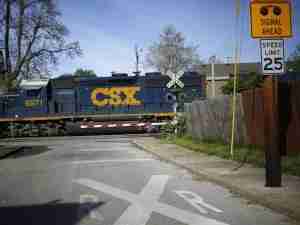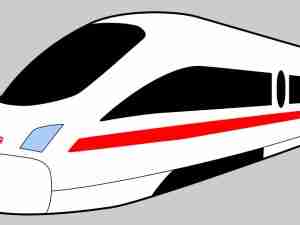'A primary design goal for CIS/NG was to help users be more productive with our system while preserving the accuracy and specificity for which LTL/CIS is known,' said Ken Manning, president of TCG. ''CIS/NG offers very substantial performance improvements in all aspects of LTL costing operations.'
CIS/NG combines LTL motor carrier traffic and financial information, such as freight bills and user-built shipment description files, with carrier and/or industry performance standards to develop the cost of individual shipments. Results of shipment cost analyses are fully presented by CIS/NG, and can be expanded to include any or all activities, such as pickup cost detail.
The new CIS/NG cost analysis software processes data more productively in several ways, including:
- onsolidating functions in a single Costing and Reporting application so users to cost shipments, generate traffic reports and import external shipment data within the same application.
- Costing and reporting operations that can run in the background, allowing continued use of the system while longer running jobs are performed.
- A very sophisticated search and replace functionality for shipment files.
- Several different ways to create representative sample shipments files for re-costing purposes. Additional flexibility when extracting traffic shipments for re-costing is provided during report design and after a traffic report has been generated.
- Sampling of traffic extracts for re-costing, allowing for the creation of a user-selected, targeted representative sample of bills from individual report grouping levels that is used to generate weight and revenue variances.
- A Dynamic Grouping, a new type of reporting that allows users to report on traffic without pre-setting report criteria.






